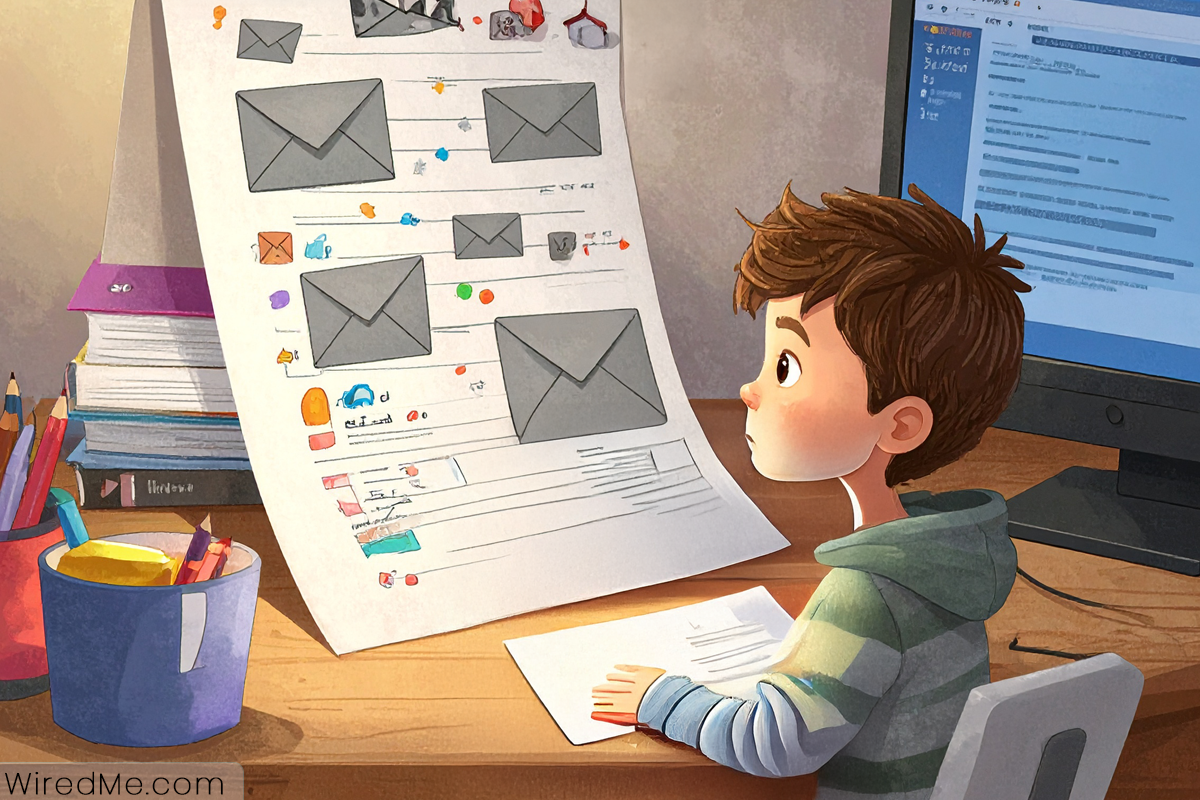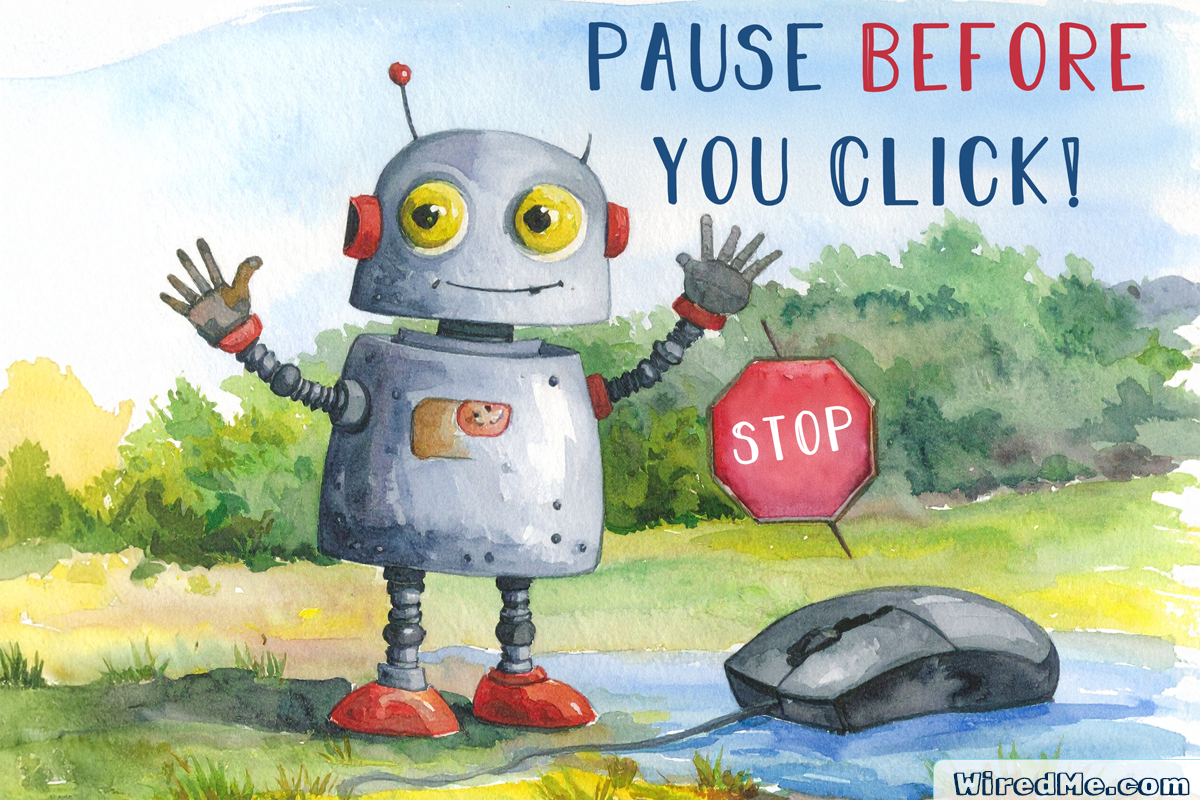Wired Me
-

Strong Passwords for Kids: Easy Passphrases They Can Remember
Strong passwords for kids start with passphrases. A passphrase uses four short words. As a result, it is easy to say and hard to guess. In short, long and simple wins over short and fancy. Strong passwords for kids: the passphrase rule Also, avoid names, teams, pets, and birthdays. Because those are easy to guess,…
-

Spot the Phish: Why Kids Need This Simple Free Secure Checklist
As a web developer and parent, I see the same inbox tricks our kids will face. That is why I teach kids phishing worksheet with paper, pencils, and short chats. The goal is not fear. Instead, the goal is a pause habit and a simple way to check messages together. Kids Phishing Worksheet starts with…
-

Safe Usernames for Kids: How to Keep Privacy Fun and Simple
I’m a web developer and parent. When we talk about safety at home, I teach my kids to slow down and protect their information. Creating safe usernames for kids is one of those small steps that makes a big difference. No real names. No birthdays. No school or city. This post gives you a simple…
-

How to Teach Kids Online Safety with One Simple Rule
When you set out to teach kids online safety, it can feel overwhelming. There are so many rules and warnings to cover. The good news is you do not need to teach everything at once. Starting with one simple habit, pause before you click, gives kids a tool they can remember and use every day.…
-

Want to Teach Cyber Security for Young Kids? Start Here
When people hear “cyber security,” they often picture teens on social media, hackers in hoodies, or password breaches at big companies. But the truth is, cyber security for young kids starts much earlier. Even in the early elementary years, children can begin learning how to protect their information, build trust with adults, and think before…
-

Cyber Security for Kids: Screen-Free Ways to Teach Safety in the Digital World
Cyber security for kids might sound like a topic for older students, but it’s never too early to build safe digital habits. Even young children in grades K to 3 can start learning how to protect their information, think before they share, and ask for help when something seems off. Best of all, you don’t…
-

How to Make Conditionals in Coding Easy and Fun for Kids
In my work as a developer, I constantly rely on conditionals to make decisions in the software I build. At home, when I’m teaching my kids how code works, I introduce conditionals as one of the first tools for logic. “Conditionals in coding” is just a fancy way of saying: check a rule, then make…
-

Sequencing in Coding for Kids: A Simple Parent Guide
In my work as a developer, I spend a lot of time getting the order right. At home, I explain the same idea to my kids in plain words. Sequencing in coding means a program follows steps in a set order. When the order is clear, results stay the same every time. When the order…
-

How to Turn Storybooks Into Powerful Coding Activities for Kids
Storybook coding activities are one of the best ways to introduce kids to programming. With no screens, no apps, and no coding experience required, you can turn any favorite picture book into a logic-based learning experience. This strategy works in both homeschool and classroom settings. As a developer and parent, I’ve seen how storytelling naturally…
-

Loops in Early Coding: Simple Tricks That Make Learning Stick
As a web developer and parent, I spend a lot of time thinking about how real-world logic shows up in everyday life. One of the first big concepts in computer science is something we use at home constantly: loops in early coding. Loops help computers repeat actions efficiently. They also help kids notice patterns, make…
-

How to Build an Unplugged Logic Puzzle for Kids
Looking for a hands-on way to teach coding at home or in the classroom? A logic puzzle for kids offers a simple, screen-free activity that introduces concepts like loops and conditionals. Using only a cardboard box and a few household items, you can create a powerful learning tool that’s both fun and educational. As kids…
-

Unlock the Developer Mindset in Kids With Simple Problem-Solving Steps
The developer mindset is one of the most valuable skills kids can learn. It teaches them how to approach big problems by breaking them into smaller, manageable steps. This kind of thinking builds confidence and helps children become better problem solvers in school, at home, and in everyday situations. The best part is that kids…
